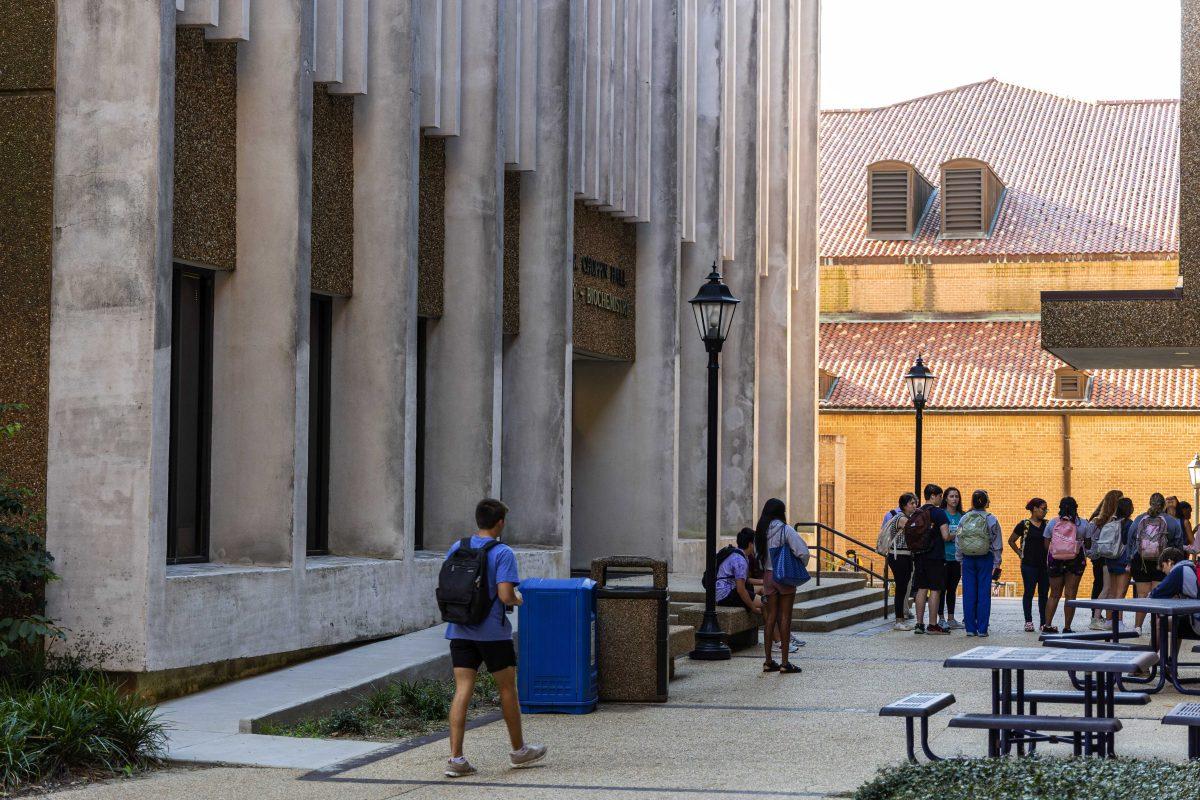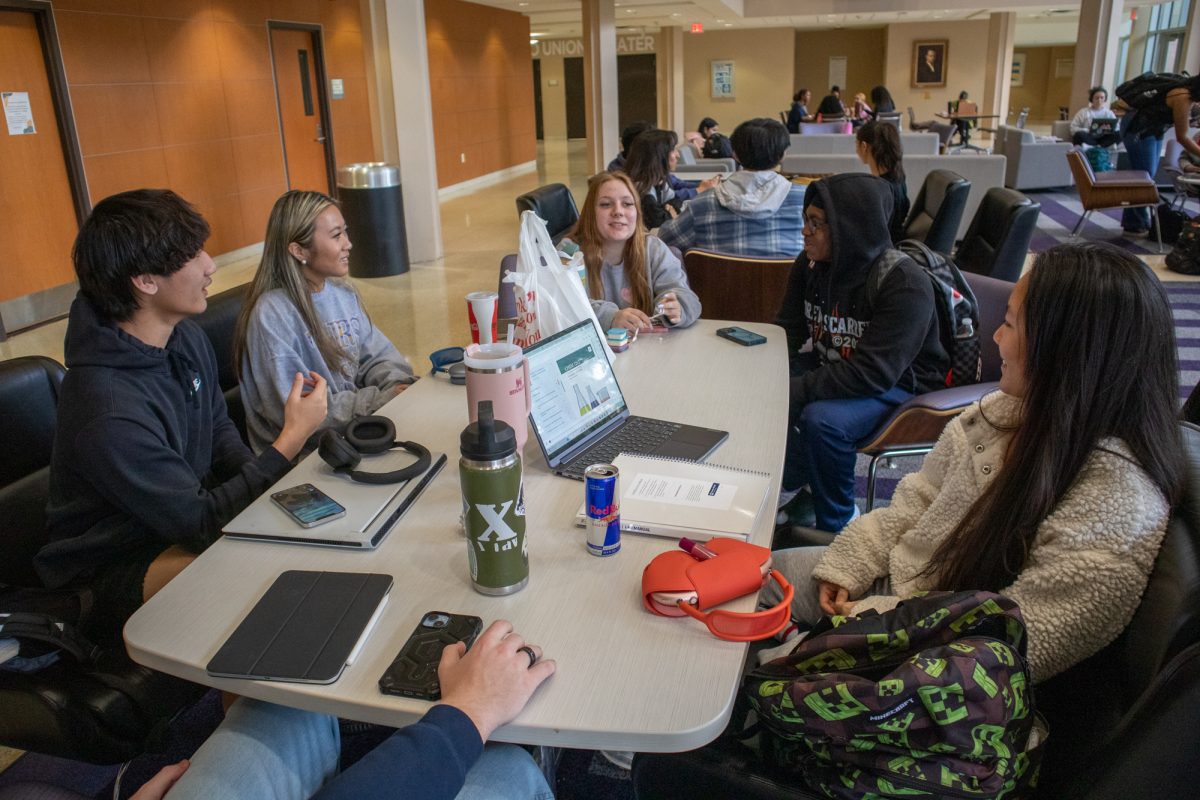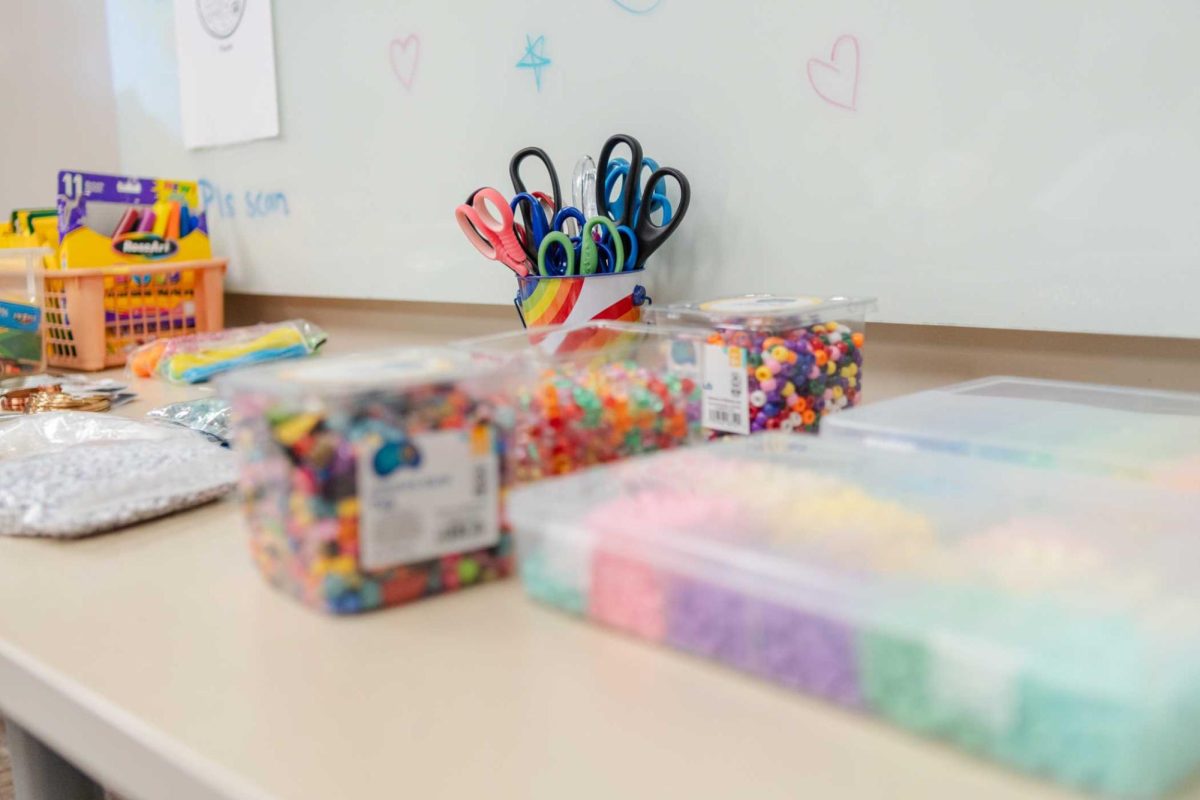As college students, we’re some of the most privileged members of society. We’re given the opportunity to expand and specify our knowledge to enhance our future careers and grow our potential lifetime earnings.
One of many advantages afforded to college students is the stellar reading, writing and speaking levels achieved by the end of our degrees.
The capacity to express ideas clearly to other people and to develop connections within society is vital in any business, whether as a construction manager or a psychotherapist. As college students, we’re set up to successfully do just that.
Some aren’t so lucky.
While many Americans go to college, the vast majority don’t. About six out of 10 Americans over the age of 25 haven’t graduated from college, according to Pew Research.
But the gap doesn’t start with college. About 10% of Americans don’t have a high school diploma, according to the most recent U.S. Census data. Lower education levels correlate with worse life outcomes. About seven out of 10 prisoners in state prisons didn’t receive a high school diploma, according to the Bureau of Justice Statistics.
Meanwhile, a recent report from the National Assessment of Educational Progress showed the nation’s report card reflecting a deep drop in math and reading test scores across the nation coinciding with the pandemic. With rising crime in America, and such a shortfall in education over the past few years, one can only wonder what may come if the country doesn’t change routes quickly.
Louisiana consistently ranks among the lowest in education of all 50 states, and, unsurprisingly, it consistently ranks among the highest in crime per capita.
According to 2021 FBI data, Louisiana has one of the highest per capita violent crime rates in the nation. Meanwhile, Louisiana ranks 42nd in fourth-grade reading, 44th in fourth-grade math, 39th in eighth-grade reading and 45th in eighth-grade math, according to the National Assessment of Educational Progress.
LSU sociology professor Edward Shihadeh said that the education system helps us form our “first and most important formative attachment to mainstream society.”
When that connection is inadequate or absent, we have no stake in society’s success. We grow detached from humanity’s grand social existence and become what Shihadeh calls “floaters.”
Floaters often find themselves involved in criminal activity, operating outside the normal social reality and going in and out of prisons.
We must not allow our young students to fall through the cracks of the education system and become floaters. To do that, we must ensure their success in that system and give them a connection to something within that system.
There are many ways to do so. One of Baton Rouge’s most prominent nonprofit volunteer programs is Volunteers in Public Schools. As its name suggests, VIPS sends volunteers—often college students—to public schools to tutor young kids in basic subjects like reading.
By volunteering with nonprofit organizations like these, college students can pass some of the knowledge they’ve learned along to these children. More importantly, they can give them a connection to society that they may desperately need.
As responsible citizens, we must do what we can to reverse the trend of worsening education. As college students, we’ve been able to experience the blessings of a great education that will allow us to climb the social mobility ladder.
Let’s help others who weren’t so lucky to climb up with us.
Brandon Poulter is a 27-year-old political science student from Baton Rouge.







